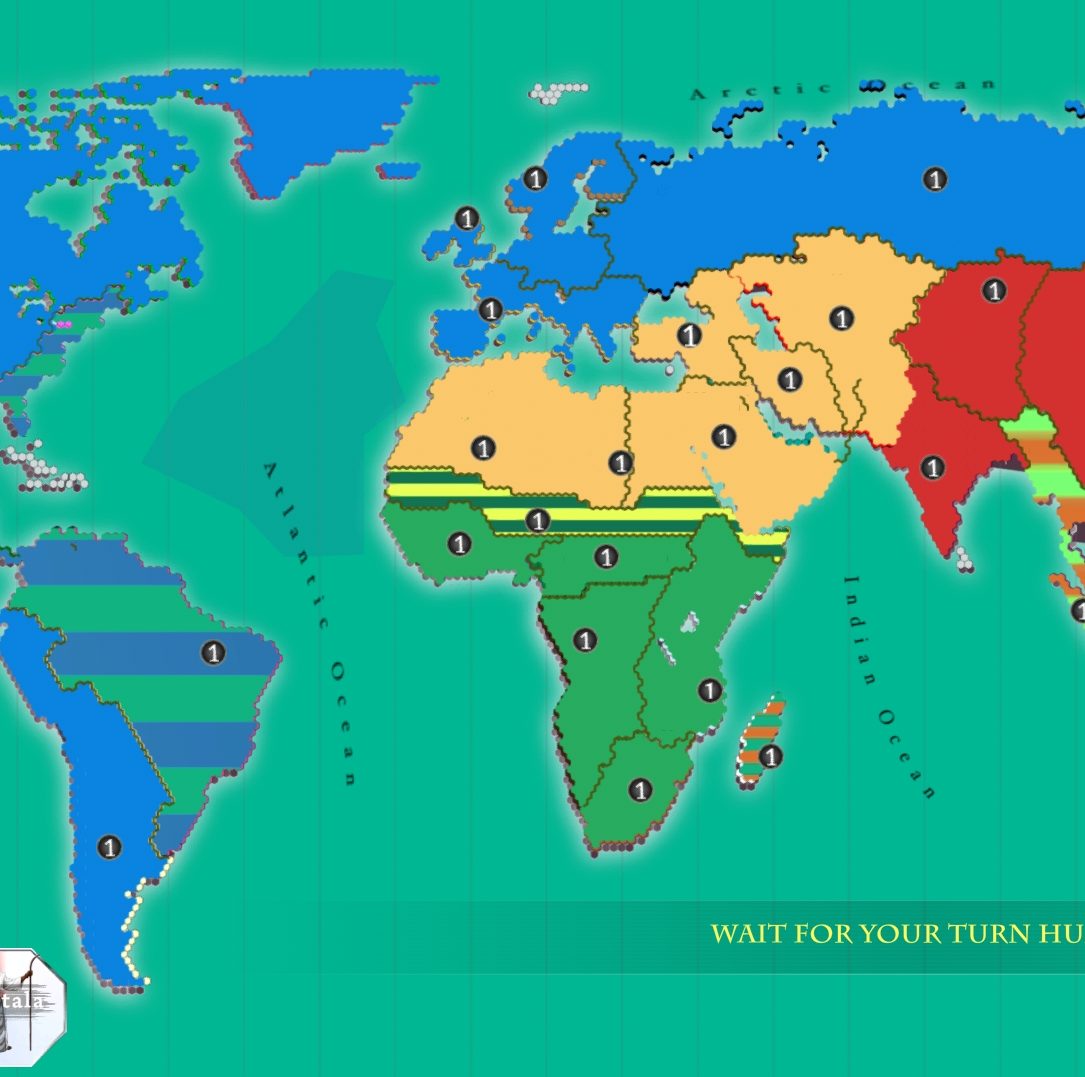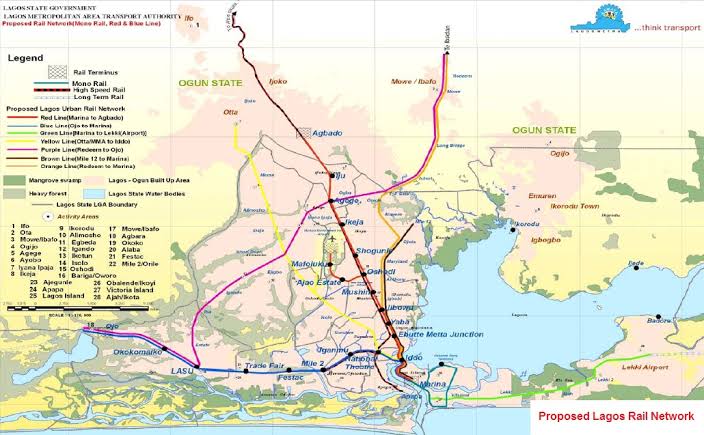By Prince Justice Faloye
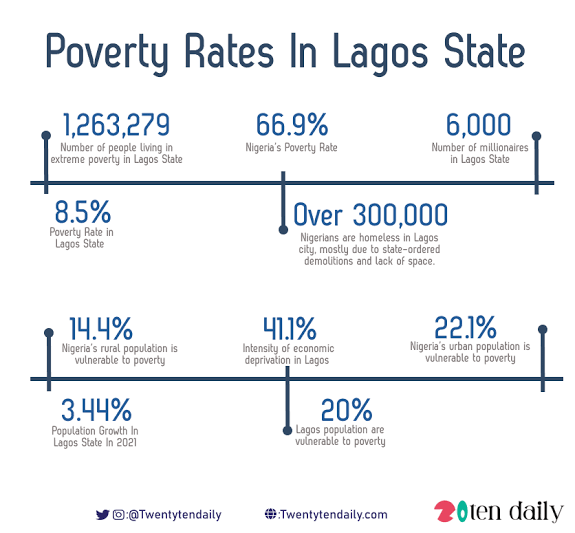
There is a misconception that economic development is tied to nation-states, and not city-states. However London, New York City and other major population centers stimulated the economic development for their peoples. Lagos is the world’s most populous Black city, and if Tinubu hadn’t arrested it’s economic development over the last 23 years, it would be on the way to becoming the Blackmans New York, uplifting Nigeria and the Black Race. Instead of being a global giant, it is a local champion boasting of IGR less than that of a New York City ministry. Lagos should be the center of a dynamic high voltage economy, with an industrial complex and skyscrapers that eventually extends from Port Harcourt to Abdijan.
Put aside the normal allegations of massive corruption. Specifically, out of ignorance or self centeredness, Tinubu arrested our development in many ways but the most important was by delaying the launchpad of industrialization, which is the metroline complex of 160 kilometers, out of which he built only 16km in 23yrs, the same time span of 23yrs USA used to build 14,000kms to ignite their Industrial revolutions. Railways have the highest employment and income multiplier effects, especially stimulating steel complexes and rubber and plastic manufacturing that entrenched White global supremacy. If Tinubu had done the right thing, Lagos would have been the Black London and New York that would have spread economic prosperity across the Black Race.
Citystates organically grow from a small core that spreads out concentrically, producing goods and services to its immediate surroundings which in return supplies it’s labour and raw materials. City-states are the basic territorial economic units that are naturally blessed with elements of economic geography – access/transportation terminals, source of commodities and large population to service the labour and consumer markets, like London, New York and Lagos. But while London and New York dragged their nationstates into advanced industrialized nations, Lagos has essentially remained a colonial outpost still dependent on basic buying and selling that accounts for 48% of its GDP, mainly trading imports and food, beverages and tobacco processing industries that account for 77% of its manufacturing production.

The concept of nation-states is a wholly political concept that evolved due to African slavery, starting with the Dutch in the 1600s that drew territorial boundaries to protect their slavery and colonial proceeds from the much larger Holy Roman and French Empires. The concept of modern nationstates became globalized in early 1800s after liberation of Haiti and the defeat of Napoleon, which resulted in drawing permanent land boundaries based on political considerations. The colonization of African and Asia created more nationstates.
During the Trans-Saharan trade, we had citystates like Kano that drew from it’s surroundings to act as a Trans-Saharan caravan terminus. The Trans-Saharan across the African desert and the Silk Road across Asia lost their prominence in international trade, with the European invasion of Ceuta Morocco in 1415, which led to European ships coming down the West African coast to Benin by 1470s, and the European landing on American coasts, creating the Golden Trade Triangle of slaves to American plantations, whose produce was sent to European factories for processing. With the rise of global maritime trade, the most successful citystates were port cities or cities linked to the ocean with a river. From London to New York, Lagos, Singapore, Hong Kong, Tokyo, Sidney and all others, international maritime business has made port cities, the most viable economic centers.
As maritime trade increased, the citystates became bigger and widened their economic linkages further inland for selling imports and gathering agricultural produce and raw materials. Just as New York was the most important citystate in America, London the most important citystate in Europe, Lagos is the citystate of Yorubaland and Nigeria as a whole, followed by Port Harcourt the citystate of the East.
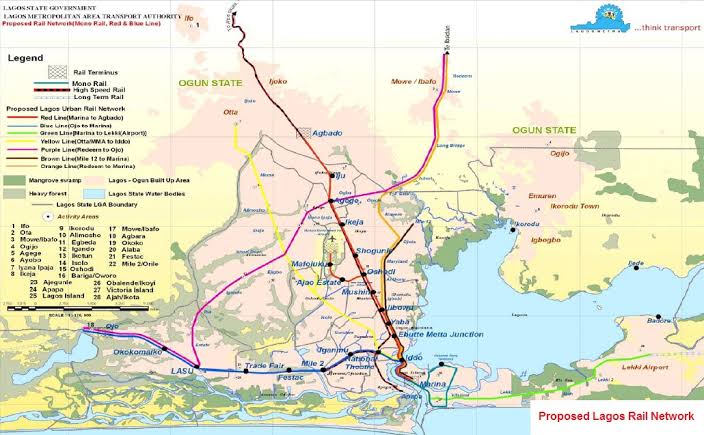
Britian being an Island was able to advance due to its fleet that could be converted from slave ships to produce freight ships and naval battle ships to fight and protect their trading routes. However, Boston and New York, the American citystates needed a better form of transportation to get their cotton and other agricultural produce from the interior to the ports. The mechanization of cotton production in the late 1700s followed by the mechanization of transportation through the railroad boom between 1827 to 1850 launched USA, an agricultural country, into being an industrialized nation. This spread across Europe to Japan, where Britain built the Japanese railways in late 1800s.
Due to the fact that the mechanization of the largest amount of work processes started with agriculture in USA and UK, the true industrial launch pad has been misconceived to be agriculture. However, Japan and other industrialized nations started with railroads to launch industrialization. The mechanization of agriculture astronomically increases production but it’s employment and income multiplier effect is largely restricted to agro allied industries. Essentially, railways as public utilities in developing nations have the highest employment and income multiplier across the economy. For every job created in railways about 20 or more jobs are created across the economy, especially in durable goods manufacturing with high paying jobs – iron and steel works increase from iron foundaries and assemblies to car production etc.
There appears to be a Western conspiracy to blur the linkage between railroads and industrialization by first linking it to agriculture and now all together writing off the need for industrialization based on railways and steel complexes, by claiming a digital market route, which only makes us consumers and middlemen of manufactures of the industrialized nations. Some have argued this conspiracy is because Western military industrial complex is wrongly based on the belief that industrialization is not sustainable without an arms industry to share the overheads of a steel complex and used to stimulate the economy in recession.
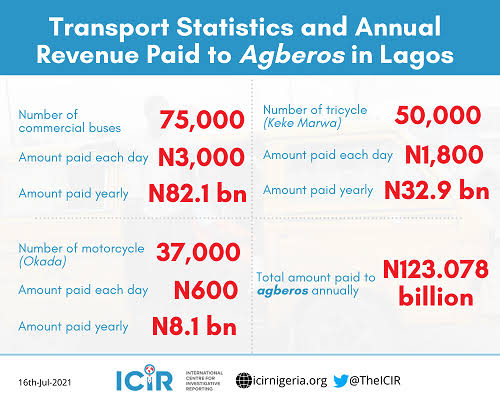
For this reason, especially as played out with Japan after the 1890s when Japan began to militarily challenge the West in Southeast Asia until it was nuked and subdued. So just as the West prevents any Non-White nation from building a nuclear facility, they also sabotage building steel complexes that could build arms to counter their neocolonist agenda across Africa. However, the Chinese have shown that you don’t need to go the Ogun philosophical route of build and destroy, but the Osun philosophy of brotherhood building economic liberating infrastructure across the world.
As I am apt to shown that there is nothing new under the Sun, or which our Original African civilization has no philosophical perspective, Ogun the essence of metallurgy labels Ogun the pathfinder without which humans and economics can spread to higher levels. Just as Iron/Ogun is the key element in our blood, our lifeforce, on the macro level if Ogun Rails had been implanted in every Lagos local community development area, Lagos will be a vibrant dynmaic economy. Lagos won’t be anaemic, losing N4 trillion every year in productivity and fuel, an average Lagosian won’t be stuck in 2hrs traffic everyday, nor would air pollution be costing Lagosian over N1 billion and 10,000 plus lives yearly.
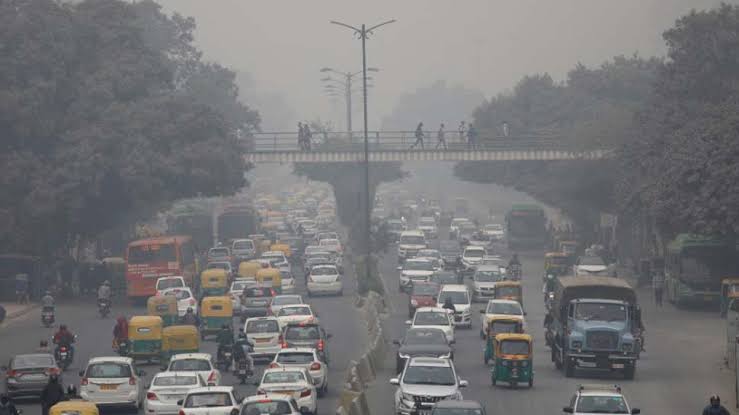
Tinubu manifesto is laughable, with his army of professors in his campaign council, stating that the means to increase industrialization is by building more power plants. Yes, we need more electricity but more power will only increase the productivity of existing trading and low level processing industries aka Food, Breverages and Tobacco that have accounted for over 77% of the manufacturing output for decades, unable to spur significant growth in other manufacturing sectors..
You will even find some motivational speaking and MBA graduates claiming Lagos is a service industry, without understanding that the Lagos service industry is dominated by mere retail and wholesale trade that account for 48% service output, while it’s financial institutions and insurance accounts for a mere 5%. There is nothing wrong with mere trading if the traded goods are produced in Lagos State. Agriculture accounts for just 1% of Lagos GDP so there is little value added, and employment and income multiplier effect. Manufacturing accounts for about 10% of the economy of which as stated over 70 percent is just gala, beer and taba. Yes, trade has increased about 170% in the last decade due to telecommunications that has inspired online trading and online ordering of transports/Uber.
In the name of multiple taxation for IGR and weaponized poverty of the Agbero economy as political thugs, Tinubu choose to slow down the industrialization of Lagos that would have uplifted Yorubaland, Nigeria and Black Race.
